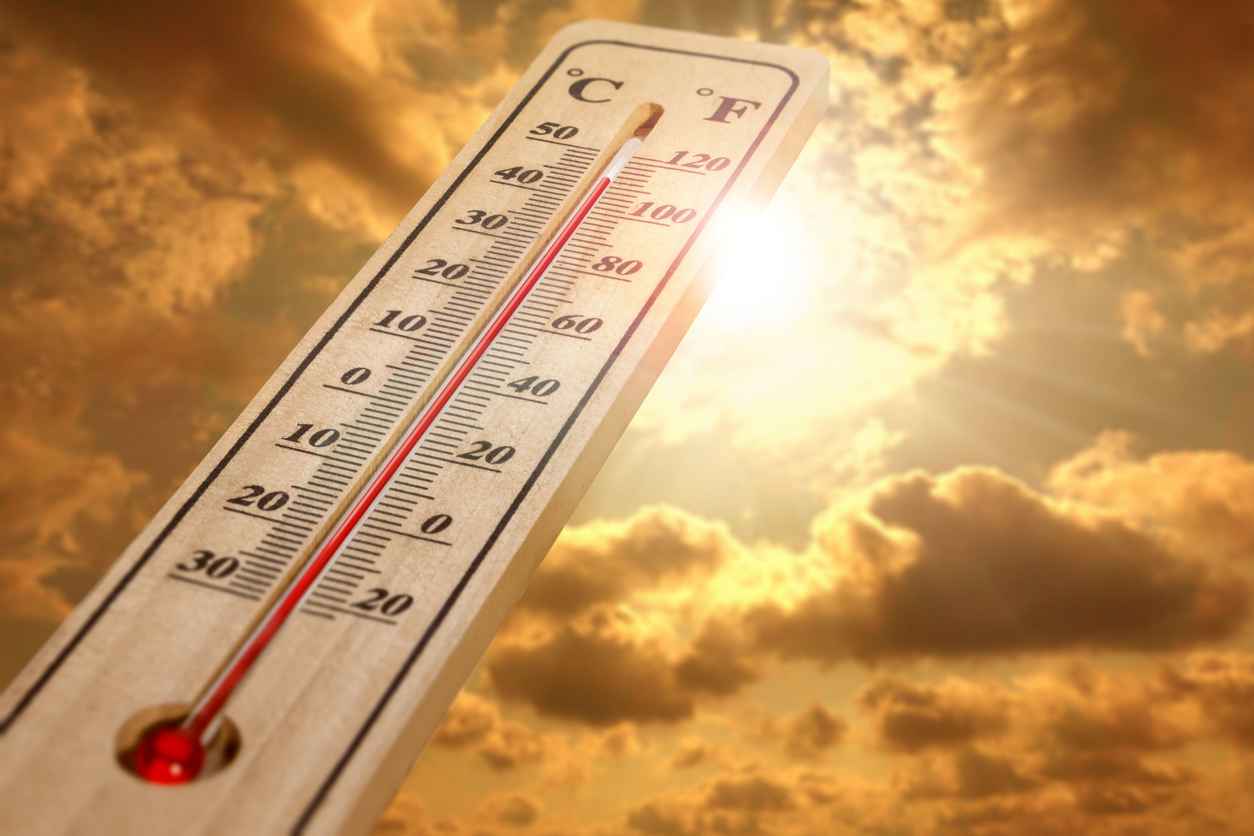
Understanding Heat-Related Illnesses: Symptoms and Prevention
As the temperatures rise, staying informed about heat-related illnesses and how to prevent them is essential. Heat-related illnesses can range from mild conditions like heat cramps to severe and life-threatening ones like heatstroke. Understanding the symptoms and preventive measures can help you stay safe and enjoy the summer months without compromising your health.
Types of Heat-Related Illnesses
1. Heat Cramps
Heat cramps are the mildest form of heat-related illnesses and often occur after strenuous physical activity in hot weather. They are characterized by painful muscle spasms, typically in the legs, arms, or abdomen.
- Symptoms:
- Painful muscle cramps or spasms
- Excessive sweating
- Thirst
- Prevention:
- Stay hydrated by drinking plenty of water.
- Take breaks in a cool, shaded area during physical activities.
- Replenish electrolytes with sports drinks if you’re sweating heavily.
2. Heat Exhaustion
Heat exhaustion is more severe than heat cramps and requires prompt attention. It occurs when the body loses excessive water and salt through sweating.
- Symptoms:
- Heavy sweating
- Weakness or fatigue
- Dizziness or fainting
- Nausea or vomiting
- Headache
- Cold, pale, and clammy skin
- Rapid heartbeat
- Prevention:
- Drink plenty of fluids, especially water, throughout the day.
- Avoid strenuous activities during the hottest parts of the day.
- Wear lightweight, loose-fitting clothing.
- Use fans or air conditioning to stay cool indoors.
3. Heatstroke
Heatstroke is the most severe heat-related illness and is a medical emergency. It occurs when the body’s temperature regulation system fails, and the body temperature rises to dangerous levels.
- Symptoms:
- High body temperature (104°F or higher)
- Hot, red, and dry or damp skin
- Rapid and strong pulse
- Confusion or altered mental state
- Loss of consciousness
- Seizures
- Prevention:
- Stay indoors during extreme heat and humidity.
- If you must be outside, take frequent breaks in a cool, shaded area.
- Use cooling measures like cold showers or baths, ice packs, and air conditioning.
- Keep an eye on vulnerable individuals, such as the elderly, children, and those with chronic illnesses.
General Heat-Related Illness Prevention Tips
Stay Hydrated
Drink water regularly, even if you don’t feel thirsty. Avoid beverages that can dehydrate you, such as alcohol, caffeine, and sugary drinks.
Dress Appropriately
Wear light-colored, loose-fitting clothing to allow your body to cool down more efficiently. A wide-brimmed hat and sunglasses can also protect you from direct sun exposure.
Plan Ahead
If you know you’ll be outside, try to schedule activities for the cooler parts of the day, such as early morning or late evening. Always check the weather forecast and be prepared for extreme heat.
Use Sunscreen
Sunburn can affect your body’s ability to cool down and make you more susceptible to heat-related illnesses. Apply a broad-spectrum sunscreen with at least SPF 30, and reapply it every two hours or more often if you’re sweating or swimming.
Know Your Limits
Pay attention to how your body feels. If you start to feel dizzy, weak, or excessively sweaty, it’s time to take a break, find some shade, and hydrate.
Educate Others
Make sure your family, friends, and community are aware of the dangers of heat-related illnesses and the steps they can take to prevent them.
For exceptional orthopaedic care, contact Orthopaedic Specialty Group in Connecticut!
It’s crucial to seek expert medical treatment if you struggle with problems or pain associated with your bones or joints. Contact Orthopaedic Specialty Group on our website or give our professionals a call at (203) 337-2600, and let us know how we can help you! Don’t let that pain hold you back from living your life. Your health and safety are our top priority.
